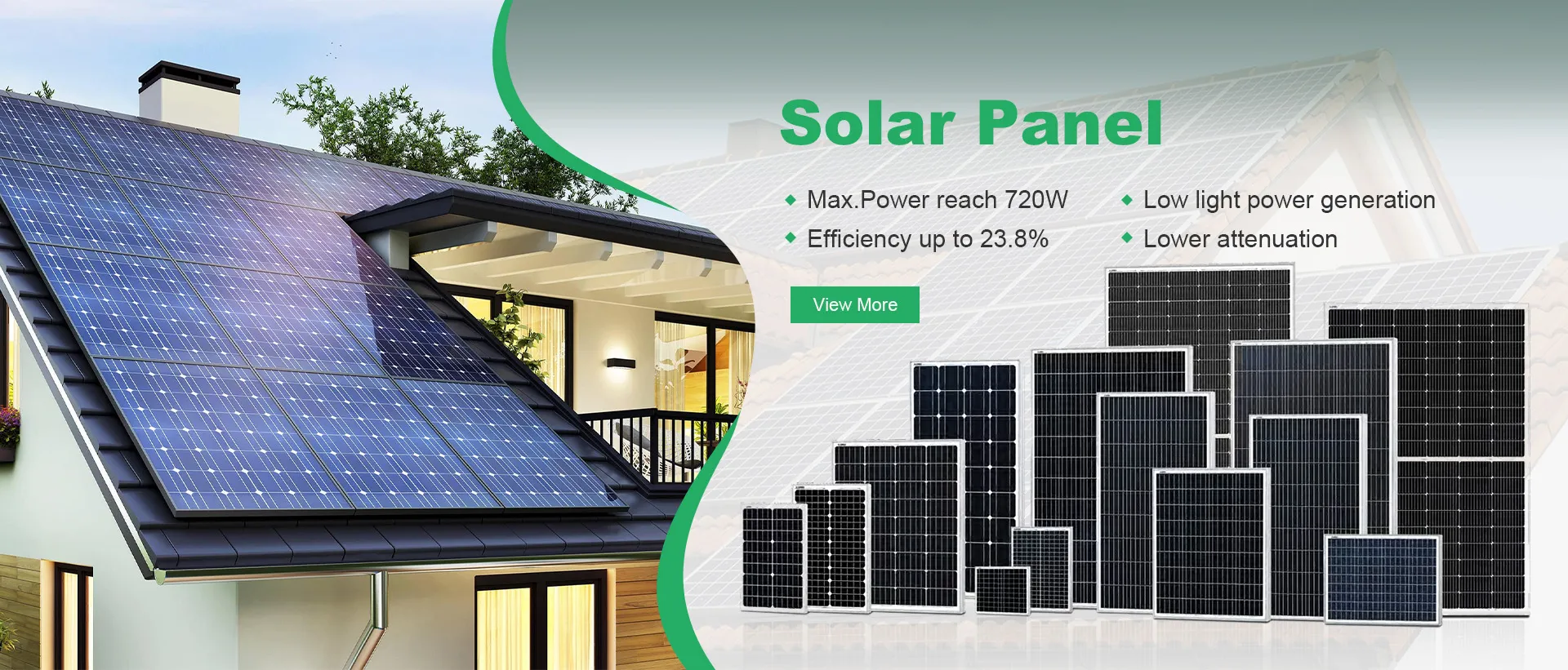photovoltaic module
Photovoltaic modules, commonly known as solar panels, are integral components of solar energy systems that convert sunlight into electricity. As the world increasingly shifts towards renewable energy sources, the importance of photovoltaic technology has grown significantly. These modules are designed to harness the sun's energy through the photovoltaic effect, a process where solar cells convert light into electrical power.
At the core of a photovoltaic module are numerous solar cells, typically made from silicon, a semiconductor material. These cells are encapsulated between layers of protective materials, ensuring durability and efficiency. When sunlight strikes the solar cells, it excites electrons, generating a flow of electric current. This direct current (DC) electricity is then usually converted to alternating current (AC) using an inverter, making it suitable for use in homes and businesses.
The efficiency of photovoltaic modules has improved steadily over the years, thanks to advancements in technology and manufacturing processes. Modern solar panels can achieve efficiency rates of over 20%, which means they can convert over one-fifth of the sunlight they receive into usable electricity. This improvement is crucial as it allows for reduced space requirements while maximizing energy production, making solar panels adaptable to various applications, from residential rooftops to large utility-scale solar farms.
photovoltaic module

One of the key advantages of photovoltaic modules is their ability to generate clean, renewable energy, significantly reducing greenhouse gas emissions compared to fossil fuel-based power generation
. As climate change becomes a pressing global issue, the transition to solar energy is seen as a vital step in mitigating its impact. Furthermore, solar power enhances energy security by providing an alternative to traditional energy sources, contributing to a more sustainable energy future.In addition to environmental benefits, the economic implications of photovoltaic modules are noteworthy. The cost of solar technology has plummeted over the past decade, driven by technological advancements and increased production scale. This decline in cost, combined with government incentives and financing options, has made solar energy more accessible to a wider audience.
As photovoltaic technology continues to evolve, its role in the global energy landscape becomes increasingly significant. Investing in solar energy not only addresses climate change but also fosters economic growth and energy independence. Thus, photovoltaic modules represent a promising solution for a sustainable future.
-
Navigating Off Grid Solar Inverter: From Use Cases to Trusted PartnersNewsAug.05,2025
-
Solar Edge String Inverter: A Wholesaler’s Guide to Inverter Technology SelectionNewsAug.05,2025
-
Microinverters: Revolutionizing Solar Energy UseNewsAug.05,2025
-
Future of Monocrystalline Solar Panel Efficiency: Latest Technological AdvancesNewsAug.05,2025
-
Solar Panels for House: A Complete Guide to Residential Solar EnergyNewsAug.05,2025
-
Panel Bifacial Performance in Snow and Low-Light ConditionsNewsAug.05,2025







